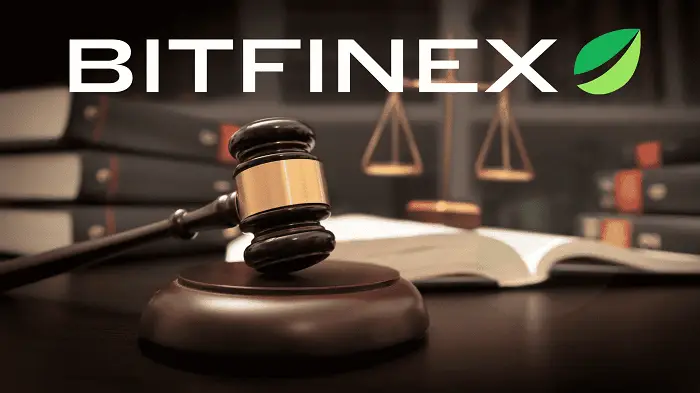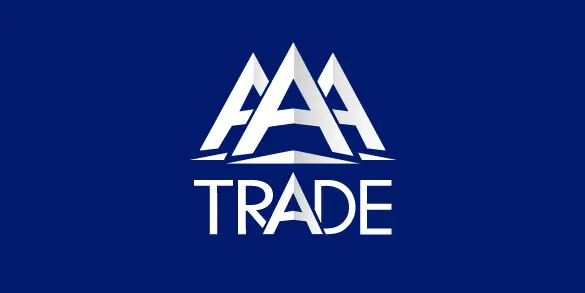This week, the Securities and Exchange Board of India (SEBI) issued norms for allowing stock exchanges to establish a subsidiary that regulates the investment advisors. In Mumbai, the board released new regulations for around 1,300 SEBI-registered investment advisors in the country. This list of registered investment advisors (RIAs) includes modernized online platforms & services as well as traditional in-person advisors.
In 2013, the first set of regulations for investment advisors was established by SEBI. Since then, the board continued to tighten these regulations and remedy several instances of fraudulent stock tip operations. In April 2019, the board members developed a consultation paper on how the Self Regulatory Organisations (SROs) can regulate their intermediaries, which included the RIAs. According to this consultation paper, SEBI allowed a subsidiary of a stock exchange or an intermediary body to regulate the RIAs.
On Thursday, August 6th, 2020, SEBI issued a fresh circular that settled these regulatory matters and turned them in favor of exchange subsidiaries over a body of intermediaries. This regulatory finalization comes seven years after SEBI selected the major legal battle in 2013 when a company floated by the Association of Mutual Funds in India as the SRO.
In the Securities Appellate Tribunal, this decision was challenged by mutual fund distributors through the support of the Financial Planning Supervisory Board (FPSB). The appeal alleged that SEBI’s selection criteria contradicted the norms applied to SROs, which is why the Supreme Court decreed the appeal in favor of FPSB.
According to this week’s SEBI circular, the stock exchange must come up with its operational history for least 15 years and showcase a minimum net worth of INR 200 crores. The norms also state that the exchange subsidiary must have access to nation-wide investor service centers and terminals.
The SEBI-authorized exchange subsidiary must execute regulatory responsibilities such as RIA database maintenance, offsite and onsite RIA supervision, disciplinary action against RIAs, and grievance redressal process. This subsidiary must also check the activities of every investment advisor based on the periodic reports. The subsidiary can refer fraudulent or suspicious matters of these advisors to SEBI’s Enforcement department.









